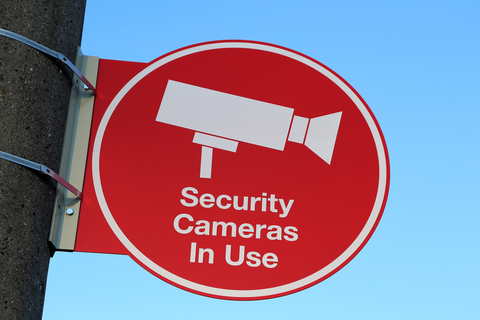Social media is a ubiquitous part of modern society, attracting people from all walks of life, including children, teens and adults. It’s fair to say that social media platforms like Twitter and Facebook are particularly appealing to teenagers at school, when they are just learning about who they are. They are going through an intense period of change and identity building. They feel the desire to belong to particular social groups, to express themselves and make an impact on the world around them, to fit in and embrace certain ideals. Social media feeds on and amplifies this need within them. It is a tool which helps them build their own image and identity, and makes young people feel like they have some control over how society sees them. It can also leave them vulnerable to cyberbullying, and in certain cases, may lead them to engage in harmful practices or behaviours.
A student explains that social media can be addictive, observing that it makes young people feel “important, popular and well liked. Once students have a certain number of followers or likes, it’s easier for them to feel they have control or power socially. Someone who’s “popular” on social media can be incredibly intimidating. What they say goes“(Gerstein, 2016). If too much importance is placed on social media, and the social status and identity it helps construct, it can lead to an unhealthy dependence on social media, poor self-confidence and a preoccupation with physical appearance and self-image. This is particularly relevant to women, who are frequently bombarded with standards of physical beauty by the media (Gerstein, 2016).
Being unfamiliar with social media, how it can be used, and what potential effects or consequences the use or misuse of social platforms can lead to is dangerous for both students and teachers (Zhou, 2016). However, whilst it’s true that people should be informed about the safe use of social media, it would be foolish and ineffective to argue against individuals using it or to banish it completely from the school environment.Teachers have a responsibility to educate their students about the proper use of this technology, and also to take note of the positive ways social media can be used in the classroom, and to incorporate it into classroom activities where appropriate (Gerstein, 2016).
Brian Hughes asks the question “Why not talk to teens in the online world [which] they already spend most of their time inhabiting?”(2016). Indeed, Katie Benmar commented: “The best teachers I’ve ever had used technology to enhance learning, including using Facebook pages for upcoming projects or planned online chats about books we read in class” (Hughes, 2016). Social media can connect students around the world, introduce them to new cultures, and lets them share their work with other students around the world, so that their education continues beyond the four walls of the classroom. Traditional classroom materials like textbooks can be supplemented with multimedia clips and online articles. This makes the whole learning experience multifaceted and more stimulating for both teachers and school students.
Social media can also be used to keep in contact with School Students’ families, and encourage families to become actively involved in student learning. It can be used to share important notices, to bring the school community together for fundraising events, to share newsletters, stories and photos of students’ work and achievements. Twitter and Instagram are perfect vehicle for this; parents with young children can register accounts in their child’s name and have control over them (Asher, 2015).
Social media is a powerful force in society: let’s embrace it and learn to use it wisely.
References
Asher, Jim. “Making the Case for Social Media in Schools.” Edutopia. 7 August, 2015.
Gerstein, Jackie, Ed. D. “Why Social Media Education Is Needed in Schools.” User Generated Education. February 25, 2016. Reshaping Today’s Education System.” Entrepreneur. April 1, 2016.
Zhou, Grace. “Use of social media and apps in schools: Risks and rewards for teachers.” School Governance. 7 July, 2016.


